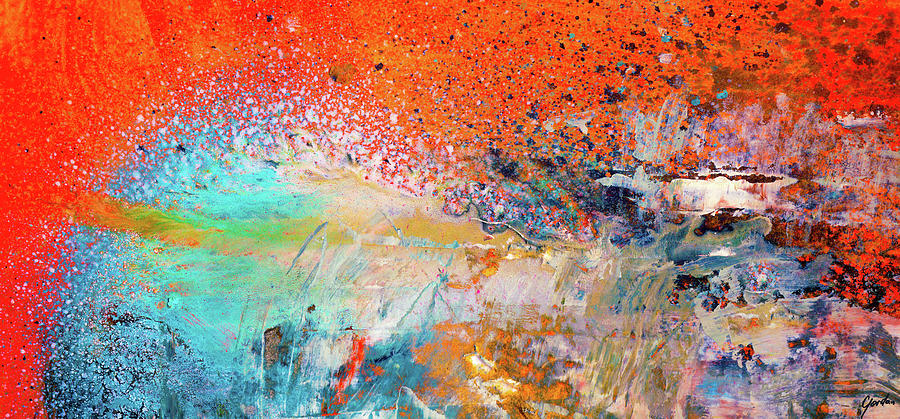Mortem
 Back in March 2015, my grandfather passed away. Ever since his passing, I have been expressing emotional neglect to protect myself from unwanted sensations of sorrow, grief, and the whole drama bang. My grandfather was very special to me and I hold nothing but great emotional memories of him. His passing, an act of mercy from God to be honest, had left this sense of void. I visited his resting place a couple of times but would always find myself skipping his tombstone even though I have registered his passing, I think.
Back in March 2015, my grandfather passed away. Ever since his passing, I have been expressing emotional neglect to protect myself from unwanted sensations of sorrow, grief, and the whole drama bang. My grandfather was very special to me and I hold nothing but great emotional memories of him. His passing, an act of mercy from God to be honest, had left this sense of void. I visited his resting place a couple of times but would always find myself skipping his tombstone even though I have registered his passing, I think.
Death.
Such a taboo to talk about in our society. In fact, many readers would have this sense of darkness or concern over the conclusion of this post. We are so uncomfortable with death that many of us became programmed to avoid/distract one’s mind from the topic altogether. The topic of death is like a snooze button on your phone, you will hit that button instantly while you are consciously aware that in a matter of time, the alarm will hit again.
So, how do we change our perception of death? Well, I don’t know! All I know is I have been uncomfortable with the Grandpa’s death and being uncomfortable is making me uncomfortable.
One way to change one’s perception is to read from authors you consider enlightened, wise or rational.
For example, one of Baha’u’llah’s writings on the topic of death states:
“O SON OF THE SUPREME! I have made death a messenger of joy to thee. Wherefore dost thou grieve? I made the light to shed on thee its splendor. Why dost thou veil thyself therefrom?”
While Abbas Effendi writings state:
“is like imagining that a bird in a cage will be destroyed if the cage is broken, though the bird has nothing to fear from the destruction of the cage. Our body is like the cage, and the spirit is like the bird…if the cage becomes broken, the bird will continue and exist. Its feelings will be even more powerful, its perceptions greater, and its happiness increased…”
From a philosophical point, Socrates writes:
“To fear death, gentlemen, is no other than to think oneself wise when one is not, to think one knows what one does not know. No one knows whether death may not be the greatest of all blessings for a man, yet men fear it as if they knew that it is the greatest of evils.”
And to conclude this post on an open end, till further notice, Plato writes:
“The fear of death is indeed the pretence of wisdom, and not real wisdom, being the appearance of knowing the unknown.”
-->


